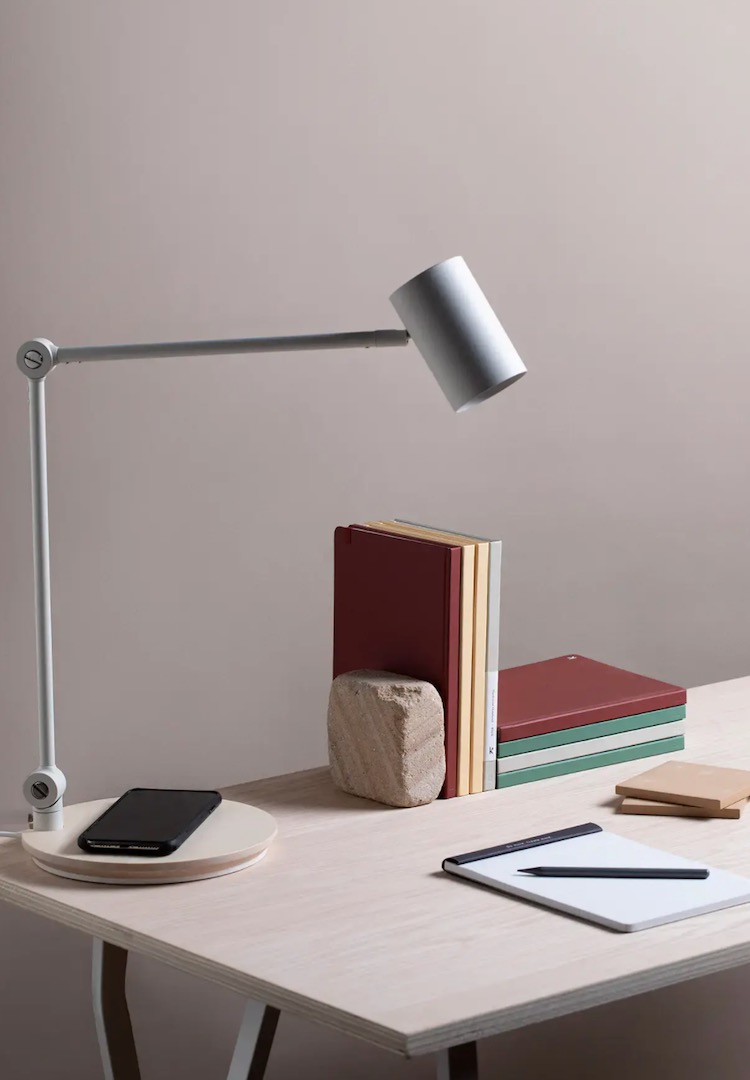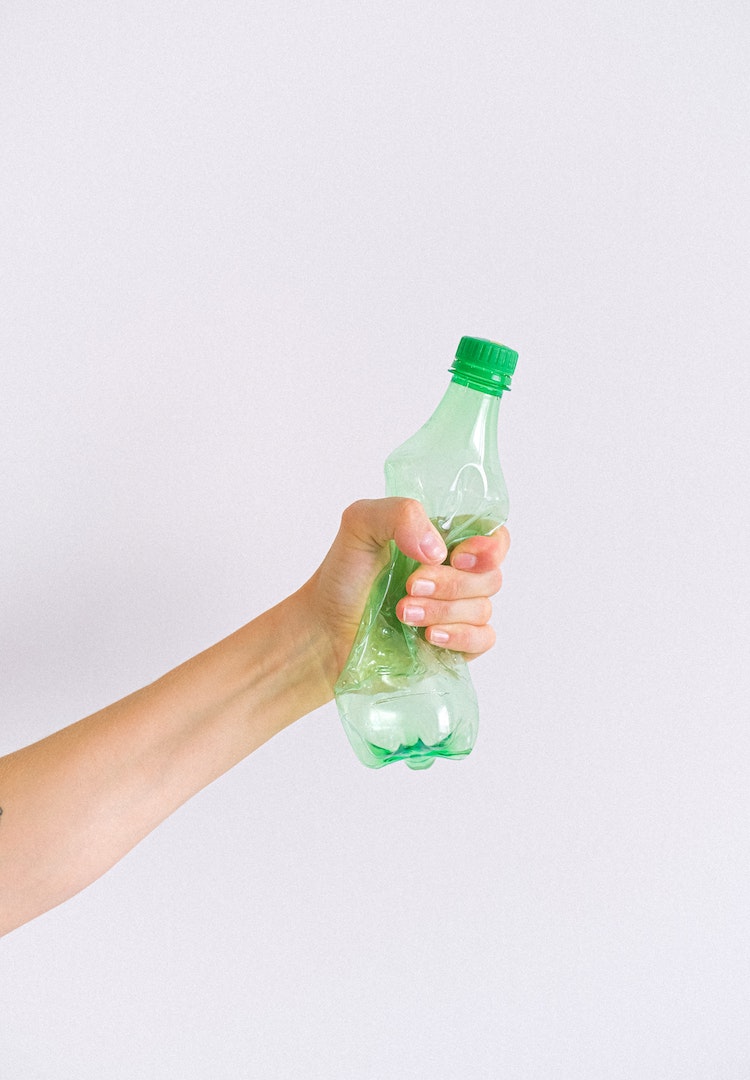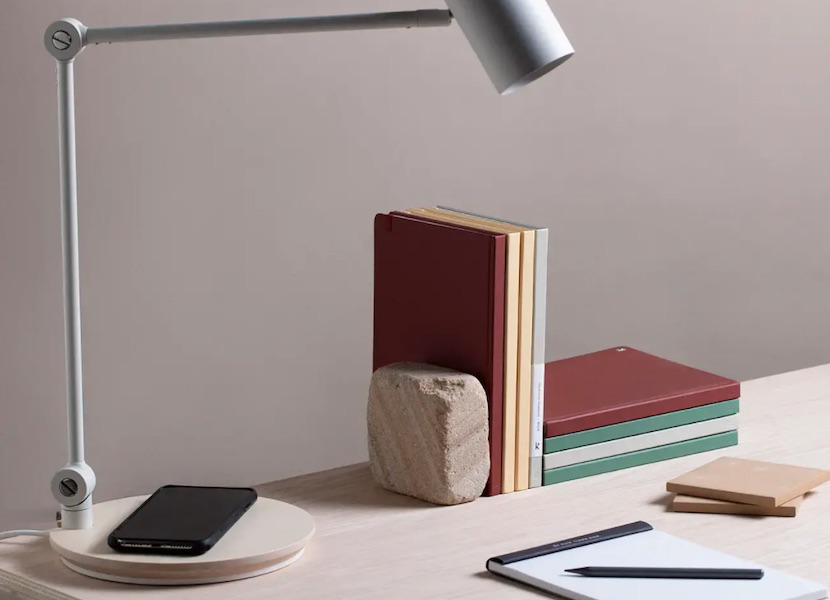I keep dissociating at my work desk, so I asked a neuropsychologist for advice
IMAGE VIA KARST
WORDS BY RUBY STALEY
Lately, my midday zone-out session has become almost routine.
After speaking to friends and scouring social media, I’ve realised I’m not at all alone in finding it increasingly difficult to focus at the moment, particularly when I’m at work. Online, I’ve even seen some people describing this loss of attention as dissociation, a term I’d never heard used in this context before.
Dissociating is somewhat similar to what I and many others might have previously described as ‘daydreaming’ or ‘spacing out’, but it’s a bit more serious than that. I would go so far as to describe my worst inattentive periods as feeling like an out of body experience, and not in a good way.
We bring you weekly career advice. Head on over to our Careers page for all the tips of the trade.
According to Better Health Victoria, dissociation is “a mental process where a person disconnects from their thoughts, feelings, memories or sense of identity” and when this experience is most severe can be linked to “dissociative amnesia, dissociative fugue, depersonalisation disorder and dissociative identity disorder”.
Looking for ways to combat these stress-inducing periods of lapsed attention, particularly while at my work desk, I spoke to neuropsychologist Dr Hannah Korrel. I wanted to know whether what I’ve been experiencing is in fact dissociation and if it is, what to do about it. Luckily, Hannah has a lot of experience dealing with people struggling with this and knows firsthand what it’s like to manage dissociative tendencies.
Hi Hannah, what’s your take on the phenomenon of dissociation, and would you even call it that?
It reminds me a little bit of that phenomenon where you feel a bit spacey, like you’re moving through molasses. It takes you like an hour to do something that’s meant to take 20 minutes, you’re distracted constantly and then you go to do work and you just sit there and nothing happens.
So, I would probably call that inattentiveness. If you think of it like everybody is on a spectrum – on one end is perfect attention [where] everything’s fantastic and on the other end, you’ve got the worst attention [span] in the world and it’s so bad that it clocks over into you getting a diagnosis of ADHD inattentive type.
Our generation, especially women, was unlucky because growing up little girls with inattention didn’t get detected because all our diagnostic criteria were based on little boys who have usually displayed hyperactivity. However, we also know that inattentiveness affects girls more than boys, but for a long time, nobody noticed and so many adults nowadays go through life without ever getting a formal diagnosis.
Do you think it would be fair to say the collective trauma of COVID may have increased rates of people experiencing this sort of inattentiveness, particularly at work?
Anxiety, medical issues and anything stressful can take away attention points from where you would normally sit. Say you’re 80 per cent normally and now you’re 60 per cent due to those things. Of course, COVID would exacerbate this because you’re feeling completely powerless, totally out of control, bored in your own house and going out of your brain. So it’s going to make a difference.
It’s also worth noting, [that] some people have a higher degree of regular attention than others, for example, someone with adult ADHD might require 80 or 100 per cent of their energy resources to get the same level of output out of them compared to another person.
They might feel exhausted after a day worth of work like they have chronic fatigue because they almost have a handicap like a heavy backpack on their back. So often you see this in high flying women with great careers, who are totally burnt out, they feel dissociated like they’re in a dream and like they’re flying by the seat of their pants a bit.
Okay so once you feel anxious, how do you figure out which side of the fence you sit on?
We have to learn our own anxiety and how to spot anxiety – where and how it starts. We usually only notice the problem when something goes wrong, but we often don’t notice the lead-up. For so many people, we let a feeling build up throughout the day ending up with us in tears at the end of the night wondering why we’re feeling exhausted again.
But that’s different to waking up in the morning, not wanting to get out of bed, feeling afraid of the world and what may happen. Of these two conditions, one is a precursor to the other. One is starting from a place of anxiety and that’s affecting your performance or attentiveness and the other is starting from a point of inattentiveness which causes anxiety.
For someone who has just started experiencing inattentiveness at work, what are some things I could do to combat having an episode during a workday?
There are lots of things you can do. This is the answer no one wants but it’s truly all about getting to bed on time. There’s this thing called revenge procrastination, where we stay up late at night to do stuff because we have no other time to do it, but if you don’t get your eight hours of sleep you’re setting yourself back and not letting your brain recharge.
If you want your work to be better, if you want your skin to look healthier and if you want to be faster but you’re not getting eight hours of sleep, everything else you’re doing – skincare routine, healthy eating, tutoring, exercise – it’s all null. Seriously, getting your eight hours is so important in all aspects of your life.
That’s definitely the answer we know is true but don’t want to hear. What about during the day though?
It also helps to eat food that is a long-burning energy source, so trying to resist the urge to eat sugars and chocolate because you will spike and then crash and burn. The obvious, boring stuff is like get up and move your body, walk [around] the block, get a coffee – it all helps to reinvigorate your body.
I find myself getting really lost in my phone, especially at night, I think it plays into this attention thing and I find it hard to think about anything else outside of my phone. What can I do to help this?
Oh yes, there are actually apps you can download which will switch off your alerts on your phone for a period of time. But what I would suggest is the Pomodoro Technique which is a timer, that counts down 25 minutes or another time. All you have to do is get through that 25 minutes or 15 minutes and then you get a 10-minute break to check your phone or do whatever.
If you can’t do the 25 minutes, that’s when I would suggest you go to your GP or a psychologist so you can get sorted out and get some help. It really does make a difference when you can figure it out and get the right chemical balance in your brain.
What I find in people that feel burnt out is when they don’t know when the end of a task will be, it can feel impossible. This is a good way to know exactly how much time you have to work full speed. Over time, hopefully, you can build up doing more Pomodoros in a day and rebuild that attention muscle.
Although those strategies sound great in theory, what do you suggest if none of them seems to be working?
This is a weird one, but if you have a favourite book like Harry Potter or a TV show that you’ve watched to death like Friends, sometimes when you’re in such a state and you’re so anxious and not getting work done, sometimes it’s best to just resign for the day.
Just put the TV show on in the background beside your computer, acknowledge you won’t get 100 per cent of work done that day, [but] instead of going to bed and getting zero done, you do what you can. Even if you only get a few things done, it’s better than nothing.
This article was originally published on April 19, 2021.
You can find Hannah at The Sydney Neuropsych and on Instagram at @nobullpsych.










